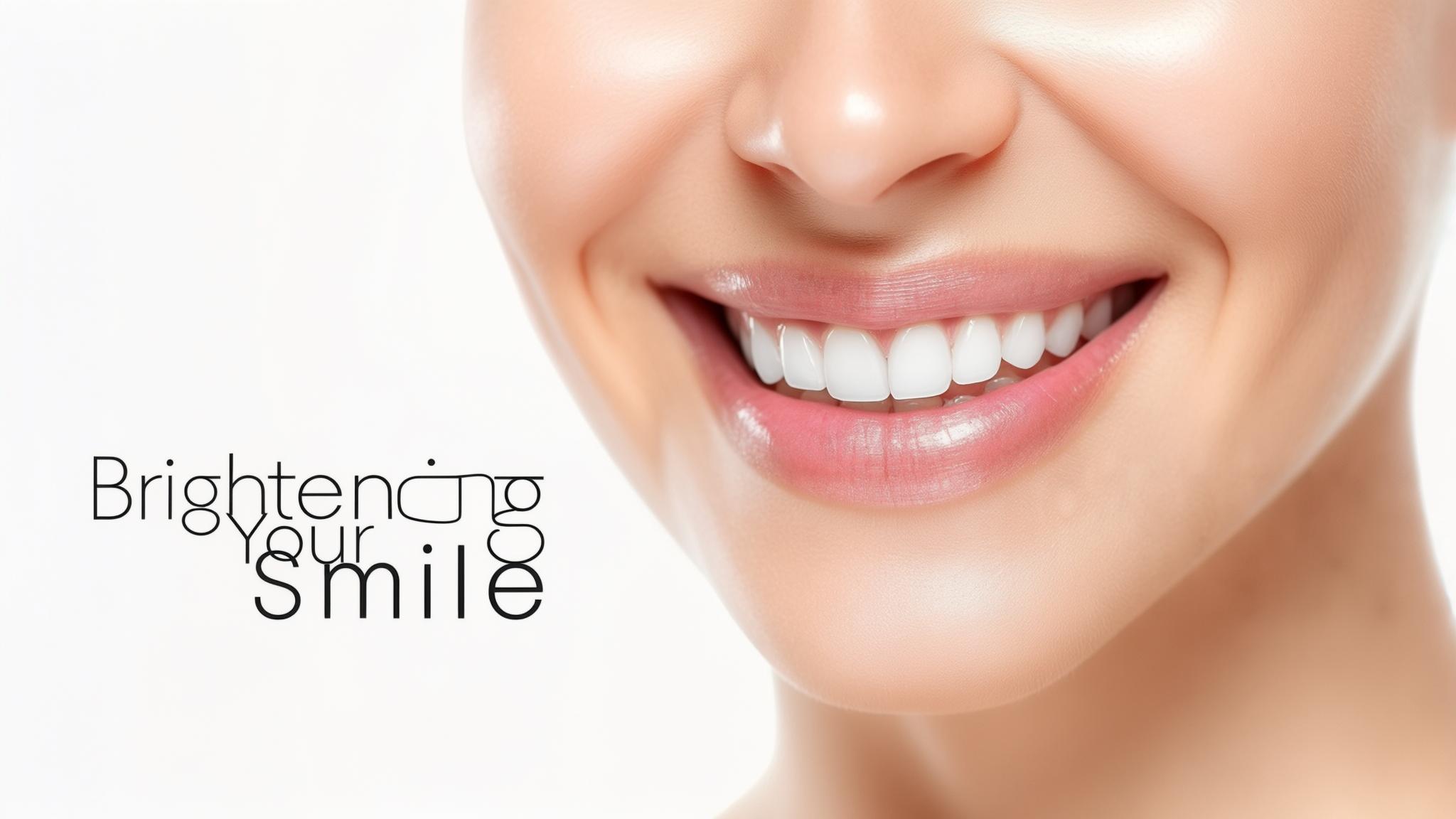Introduction
Cosmetic dentistry is a branch of dental care focused on improving the appearance of your teeth, gums, and overall smile. Among the various procedures, teeth whitening stands out as one of the most popular and accessible options. It helps to enhance the brightness of your smile by removing stains and discoloration. This article aims to explore how long the results of different teeth whitening treatments last and what factors influence their durability.
Overview of Teeth Whitening Treatments
Professional In-Office Whitening
Professional in-office whitening is a procedure performed by a dentist, often involving a high-concentration bleaching agent. During the procedure, a protective barrier is applied to the gums, and the whitening agent is placed on the teeth. Common products used include hydrogen peroxide or carbamide peroxide gels, often activated by a special light or laser to enhance results.
At-Home Whitening Kits
At-home whitening kits offer a convenient alternative to professional treatments. They include a variety of products such as whitening strips, gels, and trays. These kits typically use lower concentrations of the same active ingredients found in professional treatments, like hydrogen peroxide. Users apply the product over a period of days or weeks, depending on the kit instructions.
Natural Remedies
Natural whitening methods, such as baking soda, activated charcoal, and oil pulling, have gained popularity for those seeking more organic options. While these methods can offer some level of stain removal, their effectiveness generally pales in comparison to professional treatments and even some over-the-counter products.
Factors Influencing the Longevity of Whitening Results
Type of Treatment
The type of whitening treatment you choose significantly impacts how long the results last. Professional treatments typically offer more immediate and longer-lasting results compared to at-home kits due to the stronger bleaching agents used.
Oral Hygiene Practices
Maintaining good oral hygiene is crucial for prolonging whitening results. Regular brushing and flossing help prevent new stains from forming. Additionally, routine dental check-ups and cleanings can help maintain the brightness of your teeth.
Dietary Habits
Foods and beverages like coffee, tea, and red wine are notorious for staining teeth. To minimize staining, consider using a straw for beverages or rinsing your mouth with water after consumption.
Lifestyle Choices
Lifestyle choices such as smoking can severely impact the longevity of whitening results. Smoking not only stains teeth but also accelerates discoloration. Additionally, as we age, our teeth naturally become more prone to discoloration, which can affect the longevity of whitening results.
Expected Duration of Results for Different Treatments
In-Office Whitening
Results from professional in-office whitening can last from six months to two years, depending on individual habits and care. Factors such as diet and smoking can shorten this duration.
At-Home Whitening Kits
At-home kits generally provide results that last from a few months to a year. The duration can vary based on how consistently you use the product and follow the instructions.
Natural Remedies
Natural whitening methods typically offer the least durable results, often requiring frequent application to maintain any noticeable effect.
Maintenance of Whitening Results
Tips for Prolonging Results
To keep your smile bright, practice good oral hygiene by brushing twice daily and flossing regularly. Visiting your dentist for regular cleanings can also help maintain the whiteness of your teeth.
When to Consider Touch-Up Treatments
If you notice your teeth beginning to fade in brightness, it might be time for a touch-up. The frequency of touch-ups depends on the initial treatment and your lifestyle, but generally, once or twice a year is common.
Conclusion
In summary, the durability of teeth whitening results varies widely based on the type of treatment, oral hygiene, diet, and lifestyle choices. Consulting with a dental professional can provide personalized advice and help you choose the best whitening option for your needs. Remember, maintaining good oral health is key to enjoying a bright smile for years to come.
References
- American Dental Association
- "The Science of Tooth Whitening" by Dental Clinics of North America
- "Long-term Effects of Teeth Whitening: A Clinical Study" in the Journal of Cosmetic Dentistry

